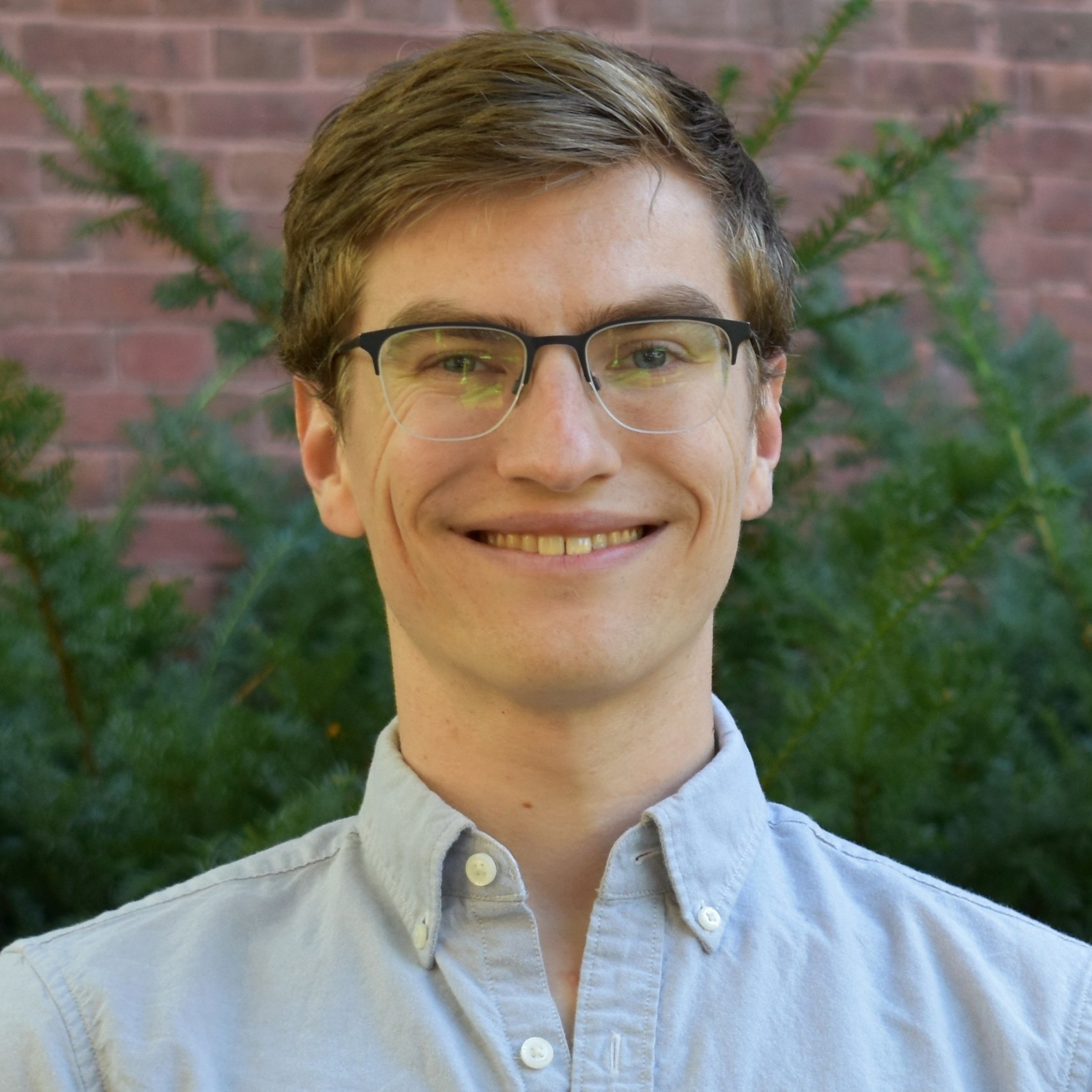
- This event has passed.
MEAM Seminar: “Addressing Sensitivity-Induced Challenges in Modeling Rigid-Body Systems with Frictional Impacts”
May 23, 2023 at 10:00 AM - 11:30 AM
Imperfect but useful physical models play a crucial role in planning and controlling robot locomotion and manipulation. However, as the field shifts toward complex real-world applications, model accuracy requirements are increasing while calibration data is becoming scarcer. Consequently, model inaccuracy or the sim2real gap often hinders the development of performant robotics algorithms. Frictional contact, the physical process driving these robotic tasks, exacerbates this issue. The motion of robots touching their surroundings is highly sensitive to initial conditions and material properties. Thus, even slight errors in state estimation and parameter identification can lead to significant prediction discrepancies. These challenges are amplified by the use of coarse rigid-body models, rather than high-fidelity solid mechanics, due to the faster-than-real-time computational requirements of robotics.
In this talk, we present two advancements towards accurate modeling of robotics undergoing contact. In the former, we discover how this sensitivity leads to poor training-time optimization landscapes and test-time generalization in common robotics modeling methods. Our method, ContactNets, circumvents both of these issues respectively with a novel statistics- and mechanics-inspired loss and implicit learning representations. ContactNets is capable of identifying geometric and frictional properties of an object rolling, pivoting, and sliding against its environment from just a handful of motion-captured trajectories. In the latter, we attribute sensitivity to the rapid ordering or sequencing of impact forces in nearly-simultaneous collisions—such as heel and toe strikes during a foot step. As existing rigid-body models lack the fidelity and accuracy to predict this ordering, we develop a set-valued rigid-body model which captures the set of all impact orderings as a continuous-time differential inclusion. We rigorously prove key theoretical properties of this model, including existence of solutions.

Mathew Halm
Ph.D. Candidate, Department of Mechanical Engineering & Applied Mechanics, University of Pennsylvania
Advisor: Michael Posa
